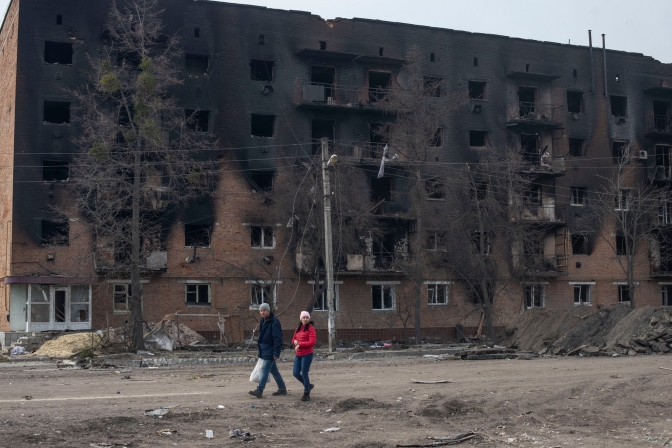
photo: 93rd separate mechanised brigade «Kholodnyi Yar»
[For urgent updates please follow Ukrainian Freedom News in Telegram]
The Greek god of battle, Polemos, was the last bachelor among the gods. To choose a wife, he had to cast lots. The choice fell on Hybris – the goddess of recklessness, pride. Polemos fell madly in love. Wherever she went, he followed her. The moral of this fable: if you notice reckless pride in the community – know that the war is near.
What Aesop called the connection between Polemos and Hybris is called aggression, invasion, and attack in the legal literature. Putin calls it the «Special Military Operation to Protect the DNR and LNR.»
What is the correct name for the struggle of Ukrainians, how not to play up to the Russian government and promote with our allies?
War or conflict?
«War» – this is how Ukrainian activists ask to call the struggle of Ukrainians. However, the basic documents of humanitarian law (the «right to wage war») – the Hague and Geneva Conventions – do not clearly define this concept.
In their legal formulations, «war», «armed conflict», «military operation» are often intertwined:
1. in the event of any armed conflict, the right of the parties to the conflict to choose the methods or means of waging war is not unlimited;
2. except provisions that are enforced in peacetime, this Convention shall apply to all cases of declared war or any other armed conflict which may arise between two or more High Contracting Parties, even if the state of war is not recognized by one of them;
3. persons who are members of the armed forces of a party to the conflict (except for medical and spiritual personnel...) are combatants, ie they have the right to take a direct part in hostilities.
The only thing that distinguishes war is an axiom: it must be declared:
· The contracting Powers recognize that hostilities between themselves must not commence without previous and explicit warning, in the form either of a declaration of war, giving reasons, or of an ultimatum with conditional declaration of war. (Convention (III) relative to the Opening of Hostilities. The Hague, 18 October 1907).
On February 24, Putin announced the launch of a special military operation in the Donbas, and Volodymyr Zelenskyi in response to the Russian bombing announced the imposition of martial law.
Can this be considered an unequivocal declaration of war?
According to the conventions, the «armed conflict between Russia and Ukraine» imposes the same obligations as the «war between Russia and Ukraine.» Both concepts justify violence against the enemy – either during the offensive or during the defense. Provided that all the rules of law are observed (especially if civilians are protected), states can fight while remaining in the legal field.
It seems that «war» and «conflict» are perceived differently in the public and not in the legal field. Obviously, «war» provokes a stronger emotional response from the reader / listener / viewer.
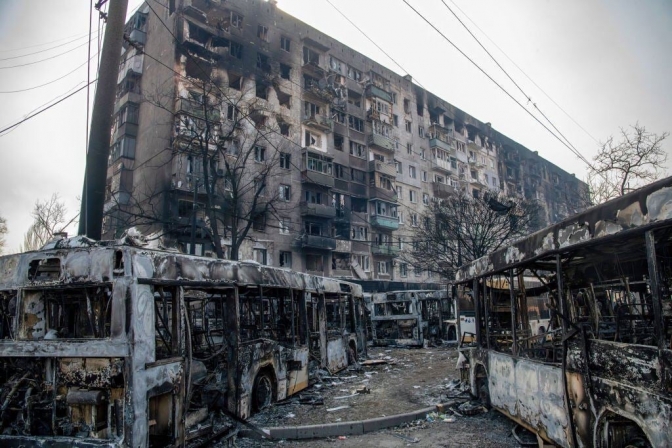
Aggressive war
However, by describing the events in Ukraine with the words «war between Ukraine and Russia» or «armed conflict between Ukraine and Russia», you can involuntarily give the impression that both states are acting in accordance with the rule of law, or «both are guilty». Therefore, these formulations should be supplemented.
In 1974, the UN General Assembly condemned the use of force by a state against the sovereignty, territorial integrity or political independence of another state. Such actions were called aggression. The Resolution «Definition of Aggression» states:
1. No consideration of whatever nature, whether political, economic, military or otherwise, may serve as a justification for aggression.
2. A war of aggression is a crime against international peace. Aggression gives rise to international responsibility.
3. No territorial acquisition or special advantage resulting from aggression is or shall be recognized as lawful.
Aggression can be carried out in the following forms:
1. The invasion or attack by the armed forces of a State of the territory of another State, or any military occupation.
2. Bombardment by the armed forces of a State against the territory of another State or the use of any weapons by a State against the territory of another State.
3. The blockade of the ports or coasts of a State by the armed forces of another State.
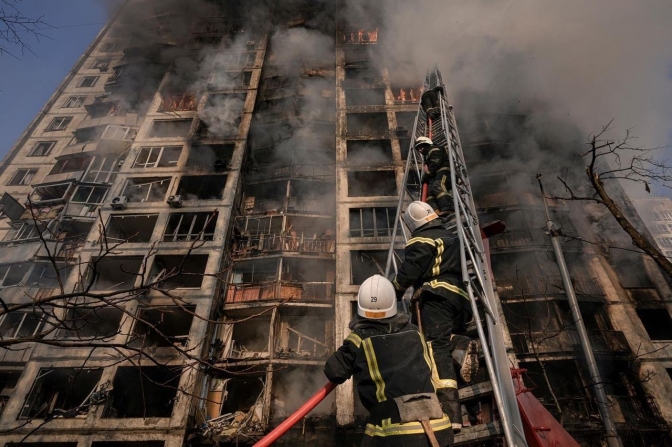
«Full-scale invasion» – this is what the Ukrainian military authorities call Russia’s actions, pointing out that the war that broke out in Ukraine is a form of aggression.
If the words «war» or «armed conflict» may not be enough to create a common understanding of the situation, the wording «war provoked by Russian aggression» or «war caused by Russia’s invasion» will draw attention to the criminal actions of the aggressor. It is also easier to say – Russian aggression against Ukraine.
Methods of aggressive war in Russia
Crimes of aggression are one of the four types of crime punishable under the Rome Statute. There are three more:
1. Crimes of genocide.
2. Crimes against humanity.
3. War crimes: violation of the Geneva and Hague Conventions.
War crimes include treason («treasonous killing or wounding people of an enemy nation or army») and assault on civilians and civilian objects.
On April 1, the Verkhovna Rada recognized Russia as a terrorist state, calling its way of power the Russian Nazi totalitarian regime.
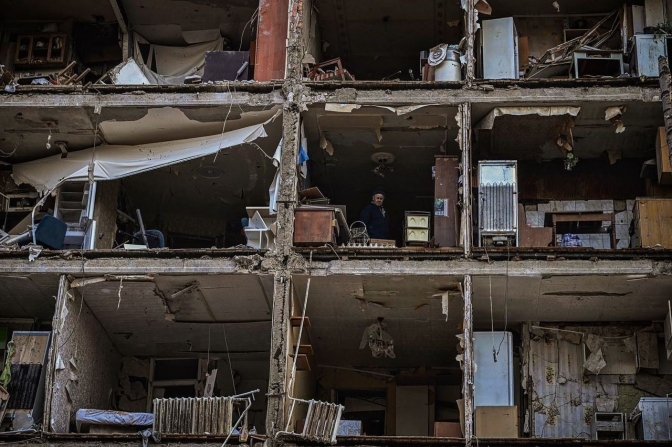
However, the terrorist nature of Russia’s actions in Ukraine can be recognized on the basis of the definition of terrorism as a crime. The Law of Ukraine defines: terrorism is socially dangerous activity, which consists in the deliberate, purposeful use of violence by committing crimes […] or threatening to commit criminal acts in order to achieve criminal goals (On Combating Terrorism from 01.01.2022).
The main goal of terrorism is not to commit a crime on its own (not to kill, set on fire, rape), but to exert psychological pressure on people who do not directly suffer from the crime. Terrorist seeks to intimidate politicians by forcing them to make certain decisions.
Russia’s threats to seize Poland, Lithuania, use nuclear weapons, and repeat the events in Mariupol are intimidation that should paralyze Ukraine and the world, deprive it of the ability to resist.
With what slogans is it better to go on the streets?
The war between Ukraine and Russia, provoked by Russian aggression / Russian invasion, waged by terrorist and criminal methods. This qualification will leave a minimum of space for double reading messages.
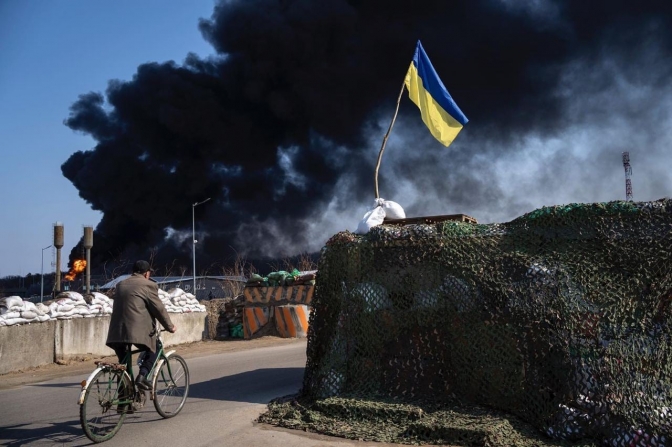
But before you sound short slogans, you should consider which ones will be most effective.
1. «Stop the war!»
The war is a consequence, a state caused by Russia’s aggression. In calling for an end to the war, we are ignoring its cause, that is, we may demand a short-term solution. Russian propaganda can use a wide field for interpretations to its advantage.
2. «Stop the terror! Stop killing! No nuclear threat!»
Terror and other illegal methods used by Russian troops in Ukraine are crimes. Crimes do not stop, the culprit must be punished.
3. «No to Russian aggression!»
Aggression is a crime against peace, and thanks to the word «Russian» it becomes clear who the criminal is.
The article uses references to the Additional Protocol to the Geneva Conventions of 12 August 1949, and relating to the Protection of Victims of International Armed Conflicts (Protocol I), 8 June 1977, the Convention for the Protection of Civilian Persons in Time of War, Geneva, 12 August 1949. Additional Protocol to the Geneva Conventions of 12 August 1949 Relating to the Protection of Victims of International Armed Conflicts (Protocol I), 8 June 1977, Additional Protocol to the Geneva Conventions of 12 August 1949, relating to the Protection of Victims of International Armed Conflicts (Protocol I), of 8 June 1977, and to General Assembly Resolution 3314 (XXIX) of 14 December 1974.
Solomiya Kryvenko, translated by Kateryna Bortniak
Photo from the page of Volodymyr Zelenskyi
Follow us on Facebook. Lviv Now is an English-language website for Lviv, Ukraine’s «tech-friendly cultural hub.» It is produced by Tvoe Misto («Your City») media-hub, which also hosts regular problem-solving public forums to benefit the city and its people.












